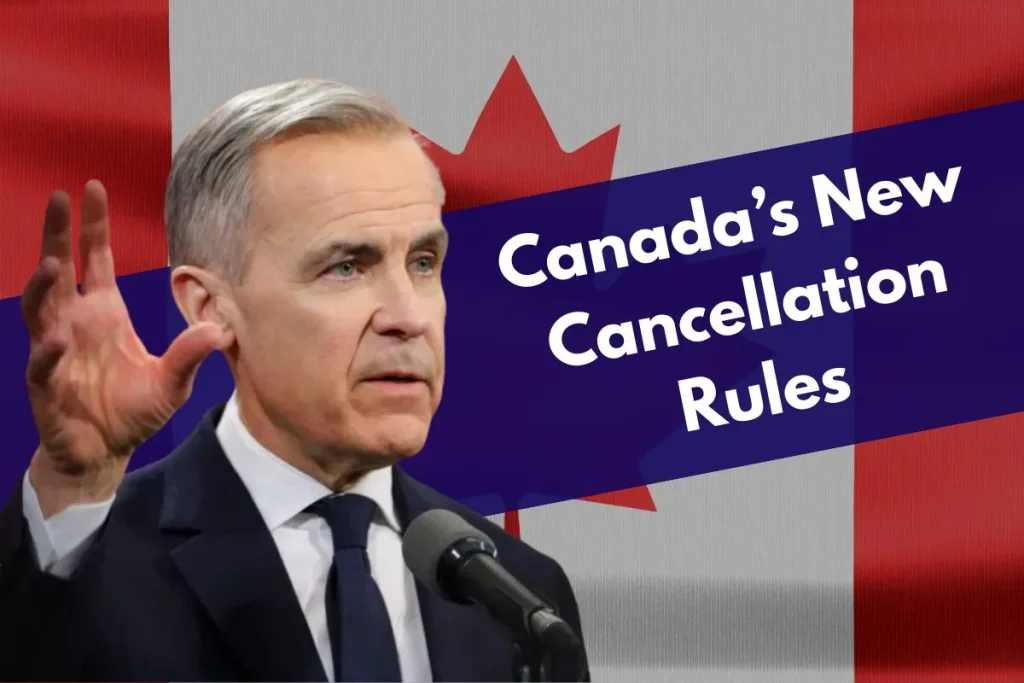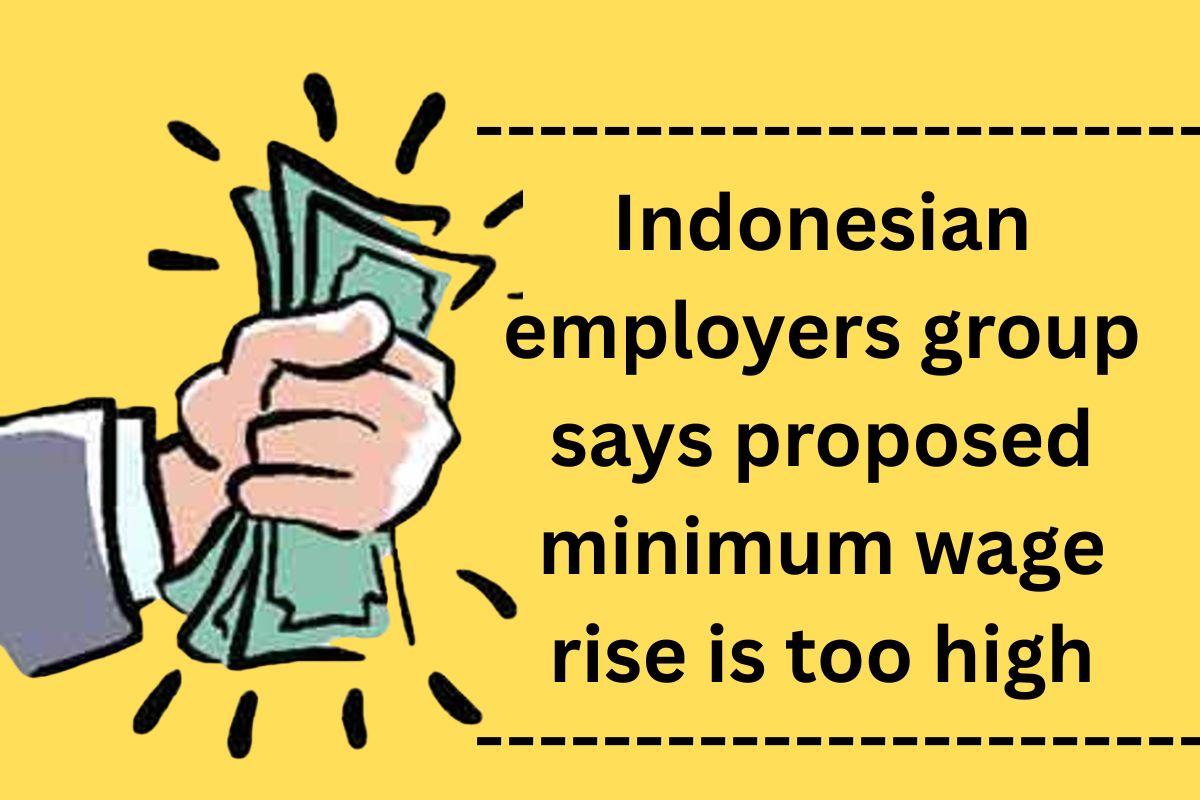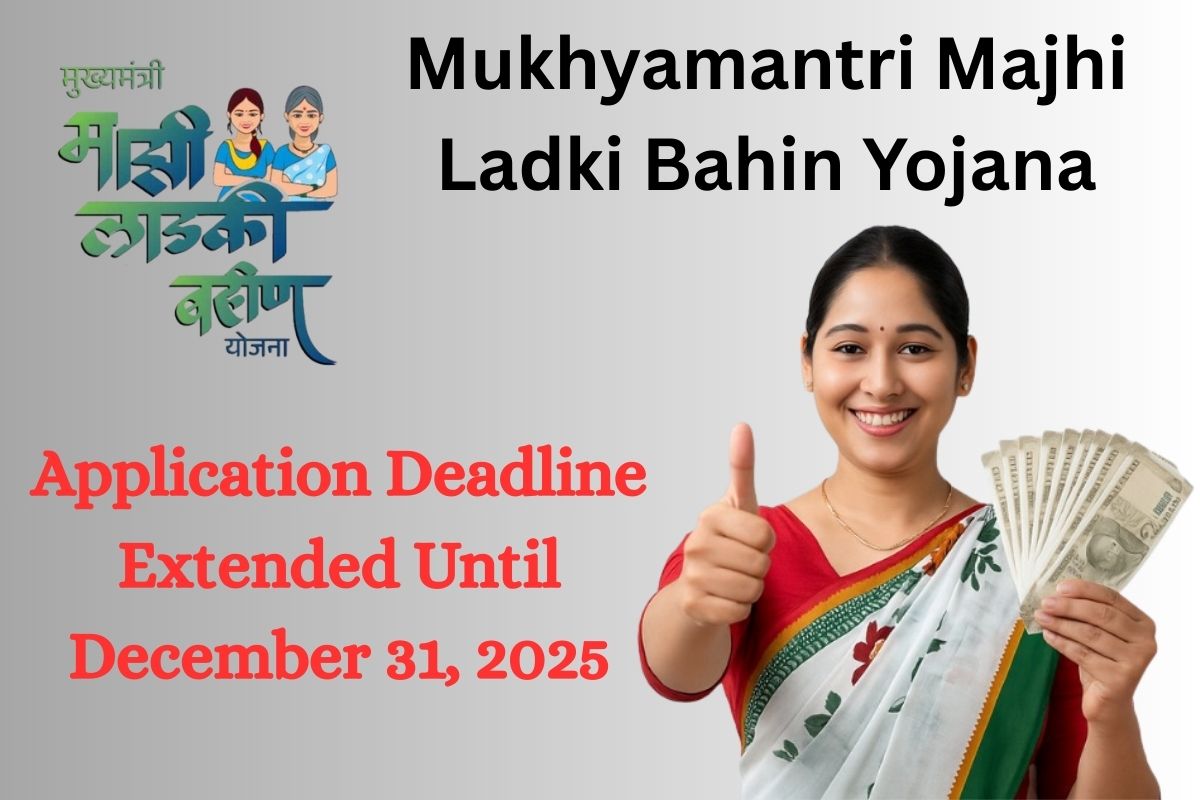Canada is now operating a clear system that permits immigration officers to terminate your permit or visa if you don’t meet criteria, make a fraud, or are facing new medical or criminal issues, even after your approval and entry. The rules apply at all stages of the process: entry, application and even during your stay therefore, you must be at a high level of compliance. It is your responsibility to update the forms, adhering to all regulations, and resolving promptly when something occurs to alter the rules.
This change isn’t just about an increased vigilance against fraud, it’s a move to regular checks instead of a single approval. For instance, if you’re in possession of a study permit and your institution fails to pass in its audits by the government and your permit is subsequently revoked, it could be revoked. The officers will determine whether you’re still eligible to continue being enrolled in classes and only working within the legal boundaries. If you’re a worker with a permit, it’s possible to be cancelled when your employer violates the rules or you alter your role without authorization.
Key Official Rules and Grounds for Cancellation
Once you have entered Canada These cancellation requirements immediately kick in:
- Visitor Visa (TRV): Can be canceled due to administrative error or the issuance of a new visa (criminal or medical) or failure to meet the requirements for eligibility, temporary residence permit issued after arrival or suspicion that you’ll not be able to leave in time. The visa is also automatically cancelled when you become permanent resident or lose your passport or die.
- ETA: The eTA can be cancelled If you are ineligible, or inadmissible (such as criminal charges in foreign countries) or issued in error or change of passport, becoming permanent residents or at the time of your death.
- Study Permit: The reason for cancellation is the institution’s inability to comply of not attending or failing to attend academically, overstepping the limits of work, committing fraud, mistakes and becoming an permanent resident or dead.
- Work Permits: May be cancelled If your employer isn’t compliant or you do not comply with the requirements, your applications contain lies, or if you change your status within Canada.
The sections 180.1 as well as 180.2 from the Immigration and Refugee Protection Regulations (IRPR) are now defining the mandatory and discretionary reasons for cancellation, and replace earlier undefined procedures.
Canada’s New Cancellation Rules Overview
| Document Type | How It Can Be Cancelled |
| Visitor Visa | Ineligible status, administrative error inadmissibility, fraud losing passports, becoming permanent residents or dying. |
| eTA | Criminal inadmissibility, invalid passport, becomes permanent resident, passport lost/destroyed/abandoned, or death. |
| Study Permit | Infractions to the institution’s rules, such as not attending classes, failing to complete academic progress or working beyond the hours allowed or if the certificate was issued due to error or fraud. |
| Work Permit | Employer non-compliance, resulting from error, holder becomes unfit losing eligibility, making a fraudulent application. |
| Official Website | https://www.canada.ca |

What You Must Do to Protect Your Status
- Make sure your paperwork is up-to date as well as truthful and accurate.
- Continue to attend accredited schools and be in compliance to work-hour limits.
- It is important to promptly immediately update Canadian authorities immediately if you change employers/jobs or lose your passport or if you become Permanently resident.
- Avoid exceeding your permit time or breaking conditions, even if you do it accidentally.
- Make sure you respond immediately to compliance checks or inquiries from immigration officials.
Real-Life Example
Imagine that you’re a student in Canada. If your institution loses its license or if you are absent from class too often your permit to study could be immediately canceled. When your company is closed due to labor issues the work permit also could be at risk. It’s as simple like renewing your passport could mean that your eTA may be cancelled automatically and you’ll require another one in order to gain entry into Canada.
Differences Between New and Old Rules
| Area | Old Rules | New Rules (2025) |
| Legal Clarity | Confided in vague discretionary powers | Specific grounds & laws defined |
| System enforcement | Insufficient authority on documents issued | Officers are more clear, have greater capability |
| Applicant protection | There isn’t much Transparency or recourse | Predictable grounds, possible review |
| Compliance | The majority of the time, this is during the application phase | Checks are available on a regular basis, at any time. |
| Security at the border | More control over stay-overs and fraud | Full authority, eliminates loopholes |
The new system was designed to protect Canada’s integrity, and also ensure that travelers respect the rules, which makes everything more transparent and secure for true travelers.
Broad Impact of the New Rules
Continuous compliance checks mean that you shouldn’t be able to relax once you’ve received approval. No matter if you’re coming to Canada to work or attending school or simply visiting friends, immigration officials now regularly have legal authority to ensure that you’re qualified and in compliance. These rules also eliminate gaps that had previously allowed individuals to retain documents due to mistakes or false representations. By ensuring that standards are high, Canada aims to prevent fraud, improve the border security and safeguard honest travellers.
To be successful on the road to success in Canada in the context of these new regulations You must be honest, organized and diligent at every moment. The new rules provide greater clarity, but also require strict and continuous compliance. Mistakes or mishaps can result in your being denied entry into Canada. Be aware, keep track of the latest government announcements and don’t hesitate to seek help when something happens to change. By adhering to each rule, responding swiftly and keeping all your documents in order you’ll be able to take advantage of your trip, study or work in Canada, knowing that you’re safe and backed by a fair system based on trust and openness.
FAQ’s
Q1. Can I appeal my visa or permit has been cancelled?
Yes, you can appeal the cancellation via judicial procedures. The officers must now give documented reasons for the cancellation. You are entitled to seek clarification and challenge unfair or erroneous decisions.
Q2. How can I prevent accidentally cancelling my booking?
Take copies of your documents Double-check all documents when renewing your passport or changing status. Also, check with Canadian authorities regarding new regulations and compliance requirements if not sure.
Q3. How should I respond if my school institution or employer finds itself in trouble?
Make sure you transfer your status quickly to a different authorized institution or employer. Don’t wait until you have a formal notice of cancellation as delays could affect your status and hinder the opportunities you have in the future Canada.

Hi, I’m Harikesh, a content writer at cgncollege.com. I write engaging and informative articles covering the latest news, India, and global updates. My goal is to keep readers informed with accurate and insightful stories from around the world.






